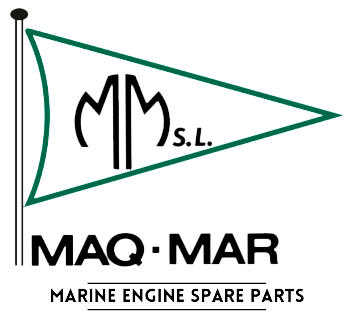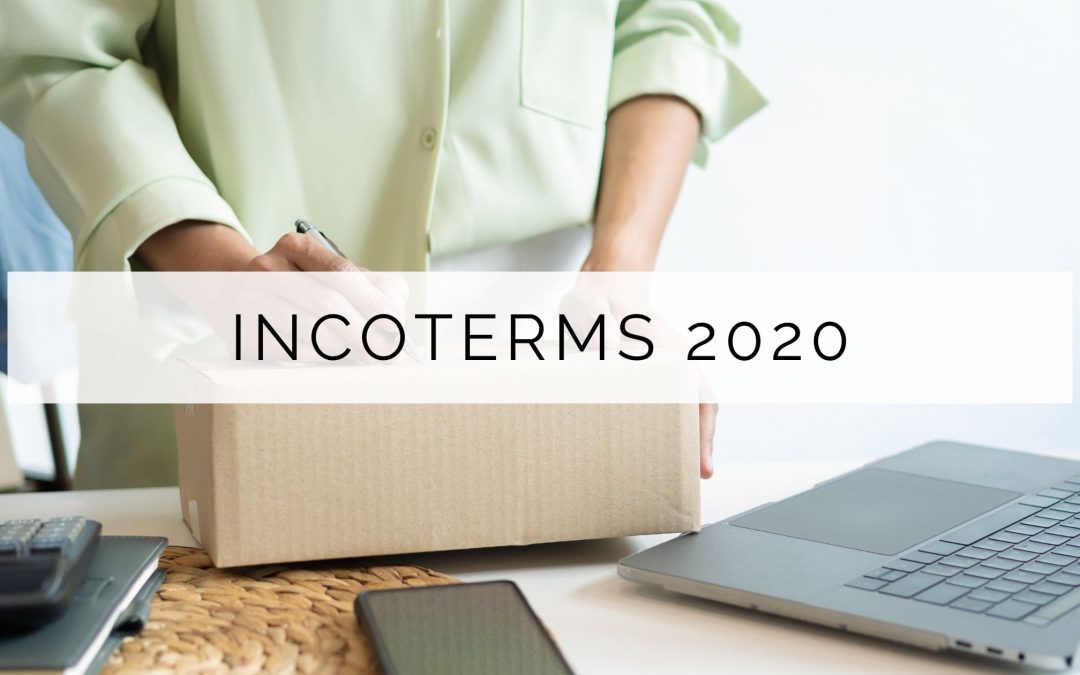The current rules of the International Chamber of Commerce (ICC) that regulate international trade and were established in 2010 are renewed after passing another decade. On 1st January 2020, the new version of the Incoterms came into force, which are intended to be simpler and more practical to apply.
The Incoterms have been renewed every 10 years to respond to new needs and emerging trends. In this new version, some of the Incoterms have been removed, added and modified.
Incoterms that have been eliminated:
● DAT (Delivered at Terminal). This term obliged the exporter to carry out all the logistics to the buyer country and to leave the goods at a terminal or port.
Incoterms that have been created:
● DPU (Delivered at Place Unloaded) in replacement of DAT (Delivered at Terminal). Goods can be unloaded not only at a terminal but also at any other point like a factory or warehouse.
Thus, Incoterms 2020 are as follows:
Group E:
The seller delivers the goods to the buyer at his own premises (direct delivery).
● EXW (Ex-Works): the seller only packs the goods and makes them available to the buyer at the seller’s warehouses. The buyer assumes all costs and responsibilities from loading to final destination.
Grupo F:
El vendedor entrega la mercancía a un transportista seleccionado y abonado por el comprador (entrega indirecta).
● FCA (Free Carrier): the seller delivers the goods at an agreed place at his own risk and expense – including the costs of customs clearance for export – up to that time. The buyer is responsible from loading to final unloading. After the update of Incoterms in 2020, the buyer can ask the carrier to issue a B/L (Bill of Landing) to the seller under the specification “on board” to justify the delivery of the goods.
● FAS (Free Alongside Ship): is used in maritime transport. The seller delivers the goods to the agreed quay or port of shipment next to the vessel on which the goods will travel. Thereafter, the importer assumes all costs and responsibilities.
● FOB (Free On Board): used in maritime transport. The seller delivers the goods to the named vessel and assumes all responsibility until that time. Then, the buyer is responsible for everything until its arrival at the final destination.
Group C:
The seller contracts and pays for the transportation of the goods (indirect delivery), but the buyer assumes the responsibility and additional costs from the time of departure.
● CFR (Cost and Freight): is used in maritime transport. The seller is responsible for the cost until the goods arrive at their destination. However, when loaded on the ship, the risk is assumed by the buyer.
● CIF (Cost, Insurance and Freight): is the same as the previous Incoterm but in addition the seller must take out insurance.
● CPT (Carriage Paid To): is used in any type of transport. The seller bears the costs until the goods arrive at their destination. However, the risk passes to the buyer when the goods are picked up by the carrier.
● CIP (Carriage and Insurance Paid To): is used for any type of transport. The exporter assumes the costs of the main transport and insurance until delivery of the goods. The buyer assumes the import formalities and delivery at destination.
Group D:
The seller bears the costs and risks from the departure of the goods until delivery at the agreed place (direct delivery).
● DPU (Delivered Place Unloaded): is used for all types of transport. The seller bears the costs and risks up to the agreed place of unloading. The buyer is responsible for clearance formalities.
● DAP (Delivered At Place): is used for all types of transportation. The exporter assumes all costs and risks until delivery of the goods, with the exception of import clearance and unloading costs at destination, which are assumed by the buyer.
● DDP (Delivered Duty Paid): is used for all types of transport. The seller assumes absolutely all costs and risks.


Recent Comments